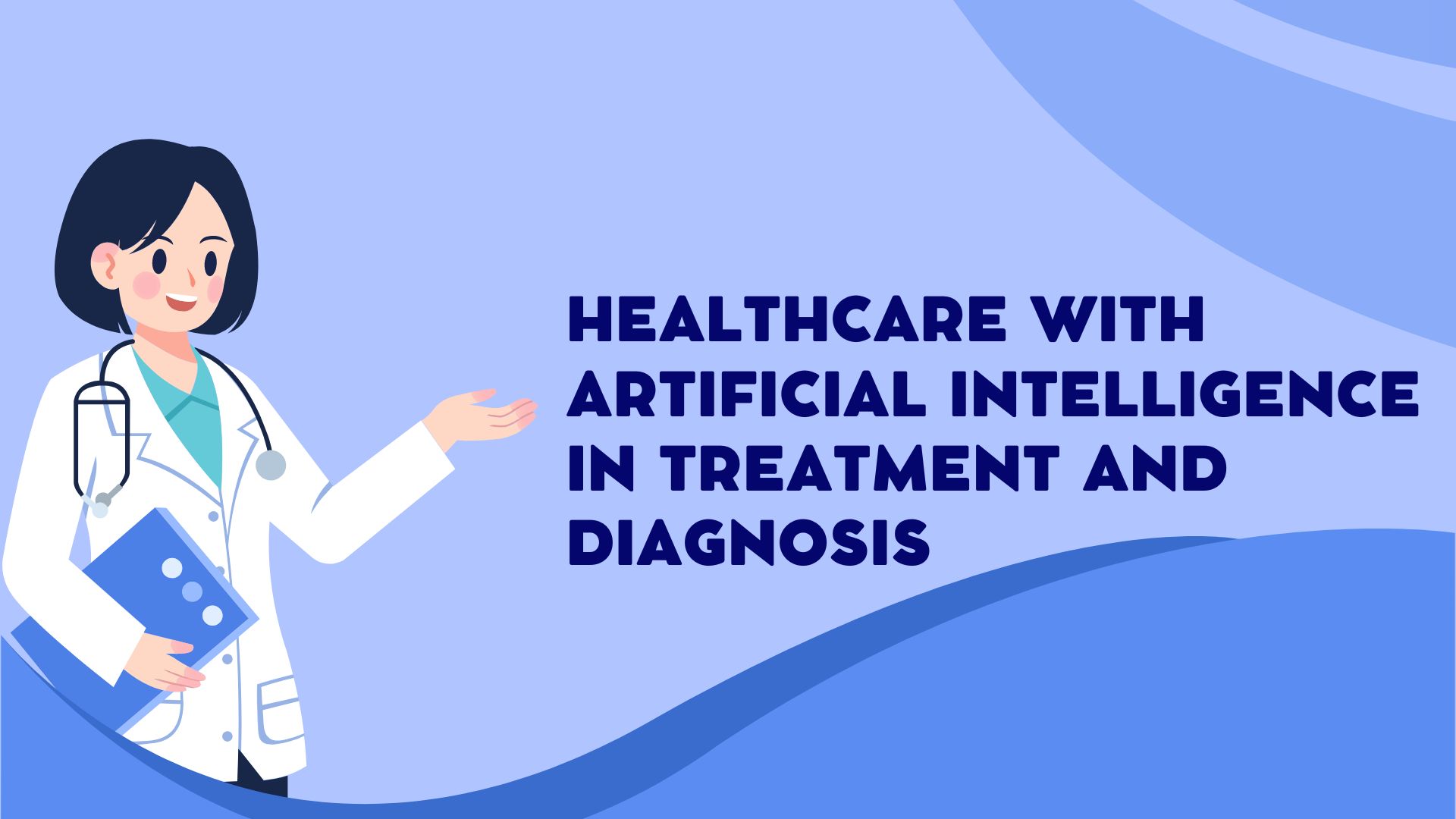Everything is a web application, including your morning alarm, the social media apps you use to stay in touch with friends and family, like Facebook and Instagram, and YouTube, where you presumably spend hours viewing videos. Who then creates these apps? Who is responsible for making sure you always see fresh content on Facebook and Instagram when you hit the refresh button?
We will examine the function of full-stack developers’ skills in this post, including who they are, what they do, the qualifications needed to fill this position, its duties, etc.
What is a full-stack developer?
An individual who works on the front-end and back-end of websites and web applications is known as a full-stack developer. In simpler terms, this kind of developer is interested in both the functionality that users interact with and see in web apps as well as the functionality that they do not see, such as communication between web browsers, servers, and databases. (These variations will be covered in more detail later.)
You can consider full-stack development for the following reasons:
- You can support yourself well.
- Even with the present hiring freeze, there is an ongoing demand for this position, and it is even anticipated to rise.
- You are able to take on increasingly challenging tasks and resolve real-world issues.
What do Full-Stack Developers do?
Websites and web applications can be created by full-stack developers on their own. They are skilled in front-end web development programming languages like HTML, CSS, and JavaScript. They are also proficient in back-end web development languages like Ruby and Python.
Full-stack developers help a business save time and money since they can handle both front-end and back-end development tasks independently.
How to Become a Full-Stack Developer
The demand for full-stack engineers is high in the web development industry. They are frequently used by small firms to handle the entire website construction process.
- Education is the first step in pursuing a career as a full-stack developer. Learn the requisite technical skills and programming languages.
- You have a choice between taking online training classes or the more conventional approach of enrolling in college to acquire a degree in computer science or a closely related field.
- Learn all the current technology, but focus on one and become an expert in it.
- Gain practical experience after earning a degree or certification and becoming an expert in your field. This will enable you to put your newly acquired information and skills to use. You will improve your coding skills and gain a better understanding of web application architecture by working on projects.
- Take on new tasks and projects in fields outside of your competence. Employers value initiatives like these.









